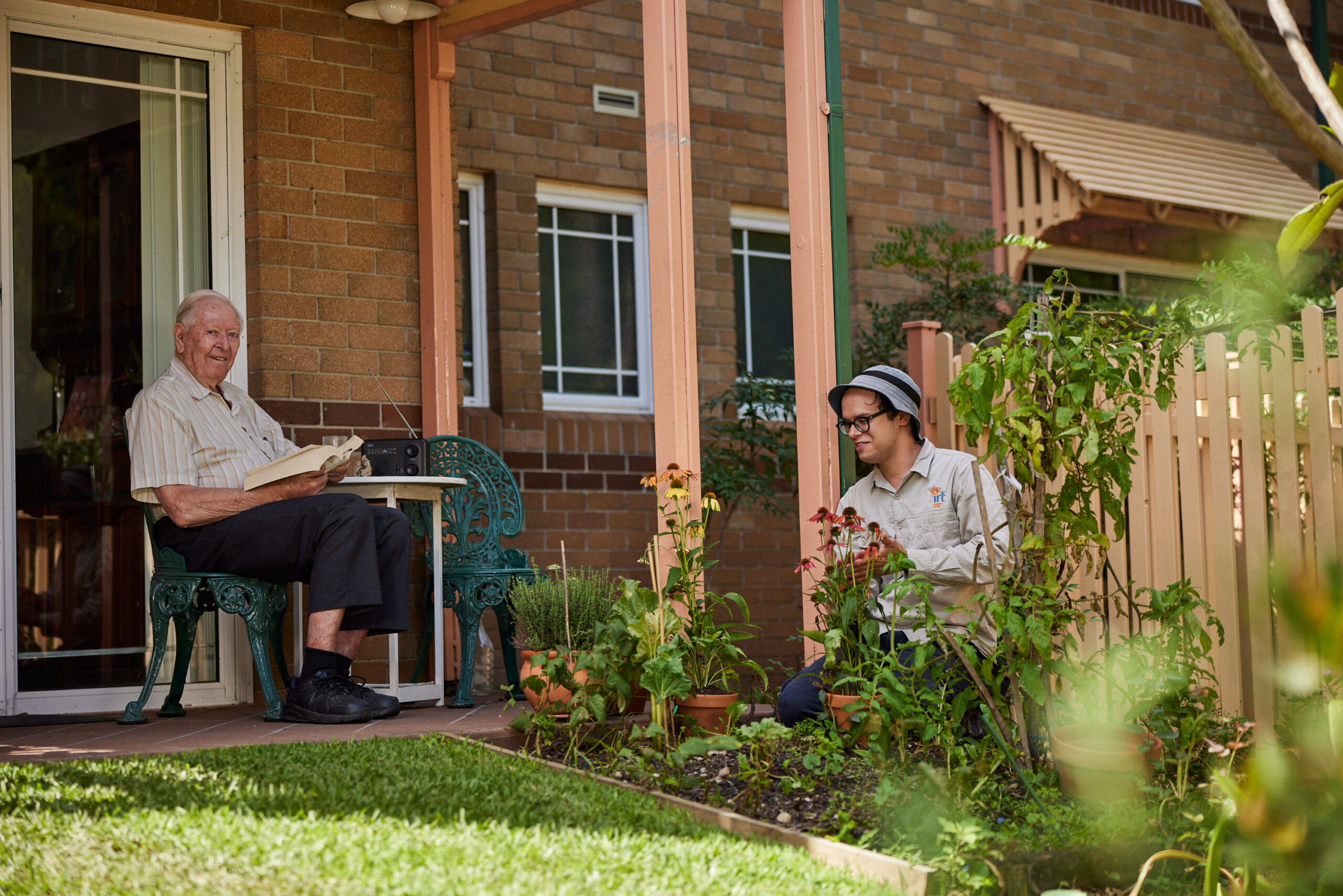Taking care of your mental wellbeing
It’s important to look after your mental wellbeing during these challenging times. Here we discuss some tips and strategies.

During these uncertain times it's important that we all take care of our mental wellbeing. Here we discuss some strategies and tips for doing just that. If you’re feeling anxious about the COVID-19 outbreak, you are not alone.
Across the globe there’s heightened anxiety about the virus itself and the restrictions it’s putting on our lives.
Beyond Blue is just one organisation responding to the growing demand for mental health support. It has built a dedicated COVID-19 Mental Health Support Service, funded by the Australian Government. The service offers free counselling by mental health professionals for all people in Australia 24/7, both online and over the phone.
Beyond Blue recognises it is normal to feel overwhelmed or stressed by news of the coronavirus outbreak but encourages people to try to maintain perspective.
The Australian Psychological Society (APS) agrees, noting that panicking is not a helpful way to respond.
"Sticking to the facts and relying on scientific sources for your information is the best way to maintain perspective and manage your feelings positively."
Ros Knight
Australian Psychological Society President
“As humans, we are hardwired to be afraid of the unknown and of something that appears random and uncontrollable. If you find yourself becoming anxious about coronavirus, try to remember that medical and scientific experts are following strict protocols to contain the virus and treat those affected,” APS President Ros Knight says.
“Exposing yourself to a constant stream of negative information takes a huge psychological toll. Avoid reading social media posts that warn of an apocalypse and don’t get drawn into doomsday discussions. Sticking to the facts and relying on scientific sources for your information is the best way to maintain perspective and manage your feelings positively.”
Beyond Blue encourages anyone who is experiencing mental health concerns to:
- activate their support network
- acknowledge feelings of distress
- seek professional support early if they’re having difficulties.
It also offers advice for people who are struggling with self-isolation.
These include staying connected, eating well, maintaining a good routine, getting exercise and good sleep and doing things you enjoy and find relaxing.
Lifeline offers some further tips on coping with self-isolation.
- Be generous to others – giving to others in times of need not only helps the recipient, it enhances your wellbeing too. Is there a way to help others around you?
- Stay connected with your values. Don’t let fear or anxiety drive your interactions with others. We are all in this together!
- Daily routine – create a routine that prioritises things you enjoy and even things you have been meaning to do but haven’t had enough time. Read that book, watch that show, take up that new hobby.
- Try to see this as a new and unusual period that might even have some benefits.
For support
You can contact Lifeline at www.lifeline.org.au or on 13 11 14 and Beyond Blue at www.beyondblue.org.au or on 1300 224 636.
You may also like
Here's what happens if you neglect your physical health
Staying fit during these times can be hard but we've got plenty of simple tips to help keep you active.
Home Care Package funds: what can they be used for?
A Home Care Package is a coordinated package of care and services to help you to live independently in your own home for as long…

